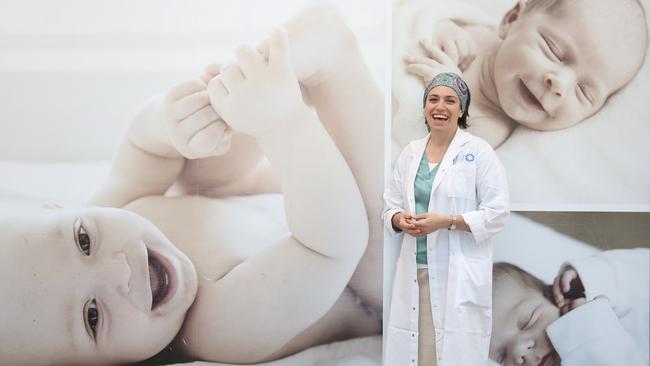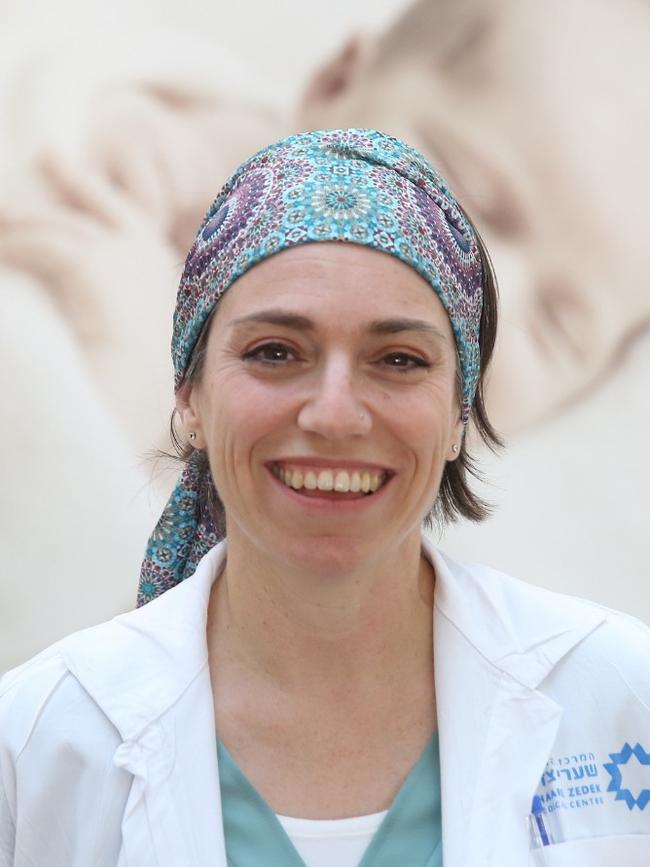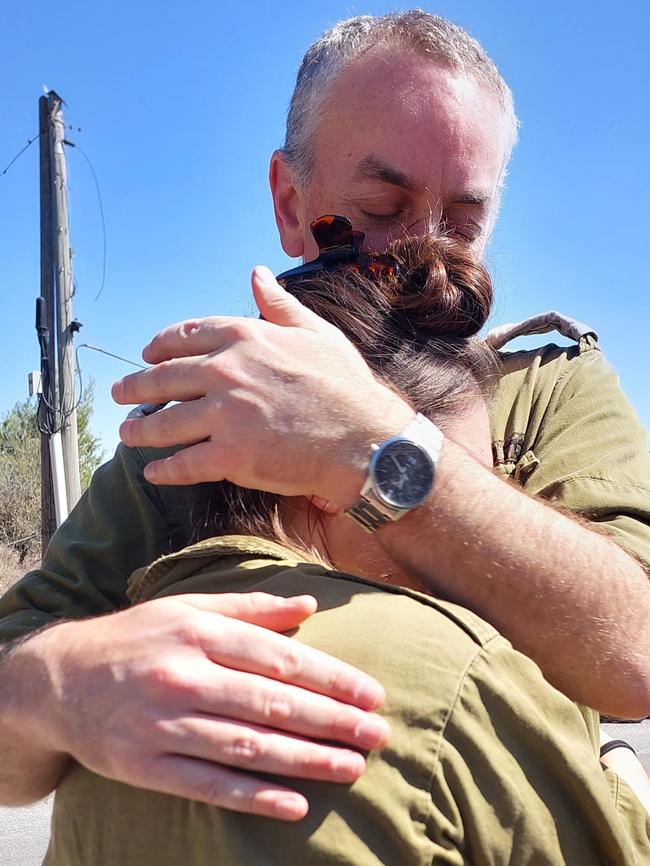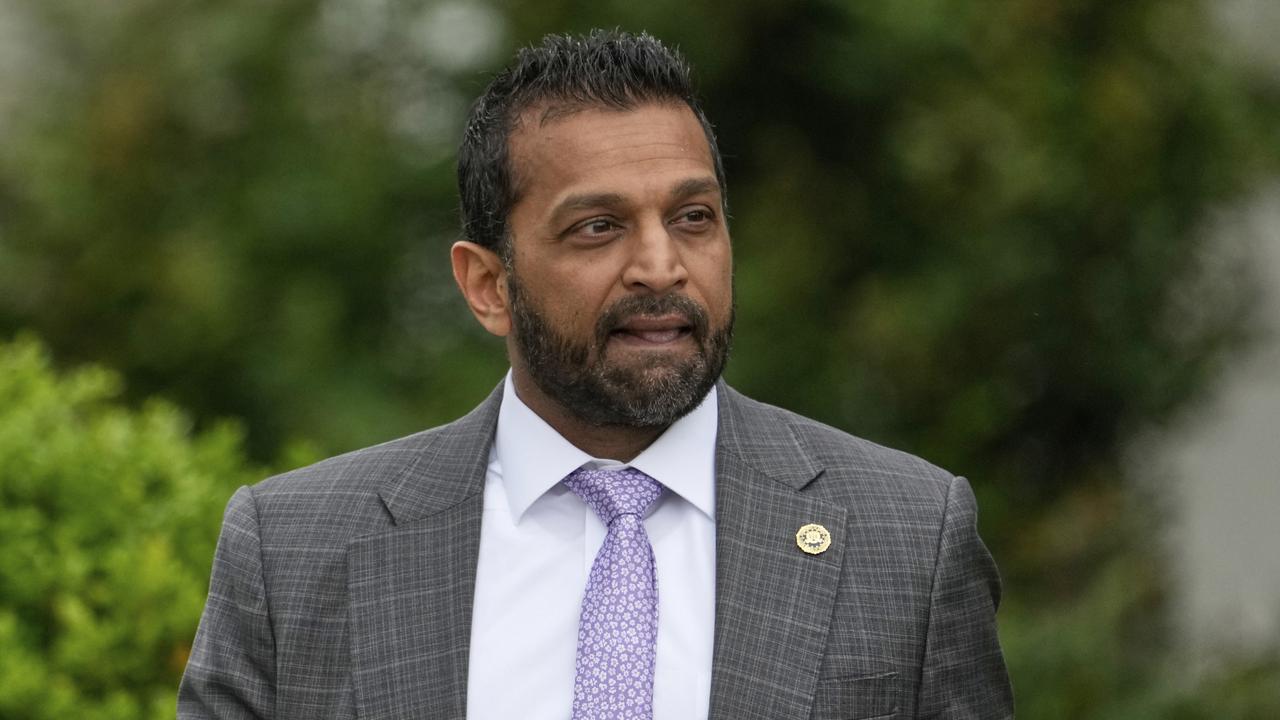Israelis are rushing to fertility clinics while the country remains at war with Hamas
Despite a war taking place around them, Israelis are shrugging off the fear of conflict and heading for fertility treatments to start a family.

The bars are closed, and so are the salons, the restaurants, and even the humble falafel stands in many parts of Israel. But there’s one line of work still very much open for business and busier than ever: the IVF clinics.
Despite the war with Hamas and the threat of an epic battle on the northern border, Israelis are shrugging off their apprehensions of conflict to take up fertility treatments and in-vitro fertilisation, fuelling predictions among some doctors of a coming baby boom.
“This room was full this morning,” says Jordana Hyman, the Australian-born IVF doctor who leads fertility preservation at Jerusalem’s Shaare Zedek Medical Centre, sweeping her arm over the clinic’s waiting area.
It’s one of two dozen IVF facilities in Israel, the bulk of which remain operational.

“We’re still pretty busy at the moment despite all the craziness going on around us,” Dr Hyman says. “Everyone’s surprised by how many people are still coming in for treatment.”
The story of why appears to be one of hope. Doctors anticipated a drop off in patients after the events of October 7, when a pall of grief and uncertainty settled upon Israeli society.
Some people abandoned their appointments, Dr Hyman says, particularly the couples who saw a partner called up to the frontlines.
But those opting out were quickly replaced. The clinic at Shaare Zedek has been experiencing a steady volume of work, including from women only now seeking to commence their journey into IVF – not in spite of the circumstances but as a result of them, the prospect of childbirth a cue of light in the gloom.
“For some people, choosing life and pregnancy and hope is something to embrace in the shadow of war,” says Dr Hyman, who studied at Monash University and emigrated in 2003.
“We’re seeing people coming in who haven’t even started treatment, who want to start the process and get the ball rolling, and they don’t want to stop because of the war. It’s not going to be over tomorrow and people don’t want to delay getting pregnant.”
One newly arrived patient is a soldier who managed to wangle a day off from the Syrian border. Arriving in uniform, and carrying an automatic weapon, doctors arranged for her to have a series of consultations that would have ordinarily been spread over weeks, even months, but were packed into a day because of the war.
“I think it’s really important to continue with our dreams and our plans,” the soldier told The Australian, requesting that her identity be withheld.
“I’ve been three-and-a-half weeks on duty, in (reserves), but we decided (the fertility treatment) is very important because of my age and we wouldn’t want to wait even longer.”
The problem for the clinic, of course, is that the work could halt at any moment, especially if the hospital’s facilities have to pivot for the war effort.
Patients have been warned of the prospect and are proceeding regardless, seeing it as just another layer of risk in a process already made chaotic by rocket fire, warning sirens and the sonic roar of distant fighter jets.
Even without these additional stress factors – all of which can affect the chances of a successful pregnancy – Dr Hyman says that IVF treatment is incredibly difficult.
Women electing to proceed with the treatment often require multiple rounds in a bid to fall pregnant, a process that’s time-consuming, taxing on the body, and emotionally exhausting.
In Australia, it can also be expensive, but here these treatments are almost fully funded for the birth of up to two children, a subsidy ranked among the most generous in the world.
At Shaare Tzedek, about 200 couples are treated in the IVF department each month, Dr Hyman says.

The other setback facing the clinic is a biting shortage of staff, with numerous personnel also having been called up to assist with the fighting.
It’s a problem Dr Hyman knows well. Her husband, John Borowski, is currently deployed in Israel’s south, serving as a combat medic. She also has a daughter in army intelligence and a son training to be a tank commander.
“When my husband was an army doctor in the second Lebanon war, in 2006, the stress was different,” she says.
“I just had two little children and was pregnant with a third and it was a nightmare, but this time is different.
“I cannot afford to let myself fall apart and I want to keep giving hope to those who need it, particularly couples who want to try for a family.”




To join the conversation, please log in. Don't have an account? Register
Join the conversation, you are commenting as Logout